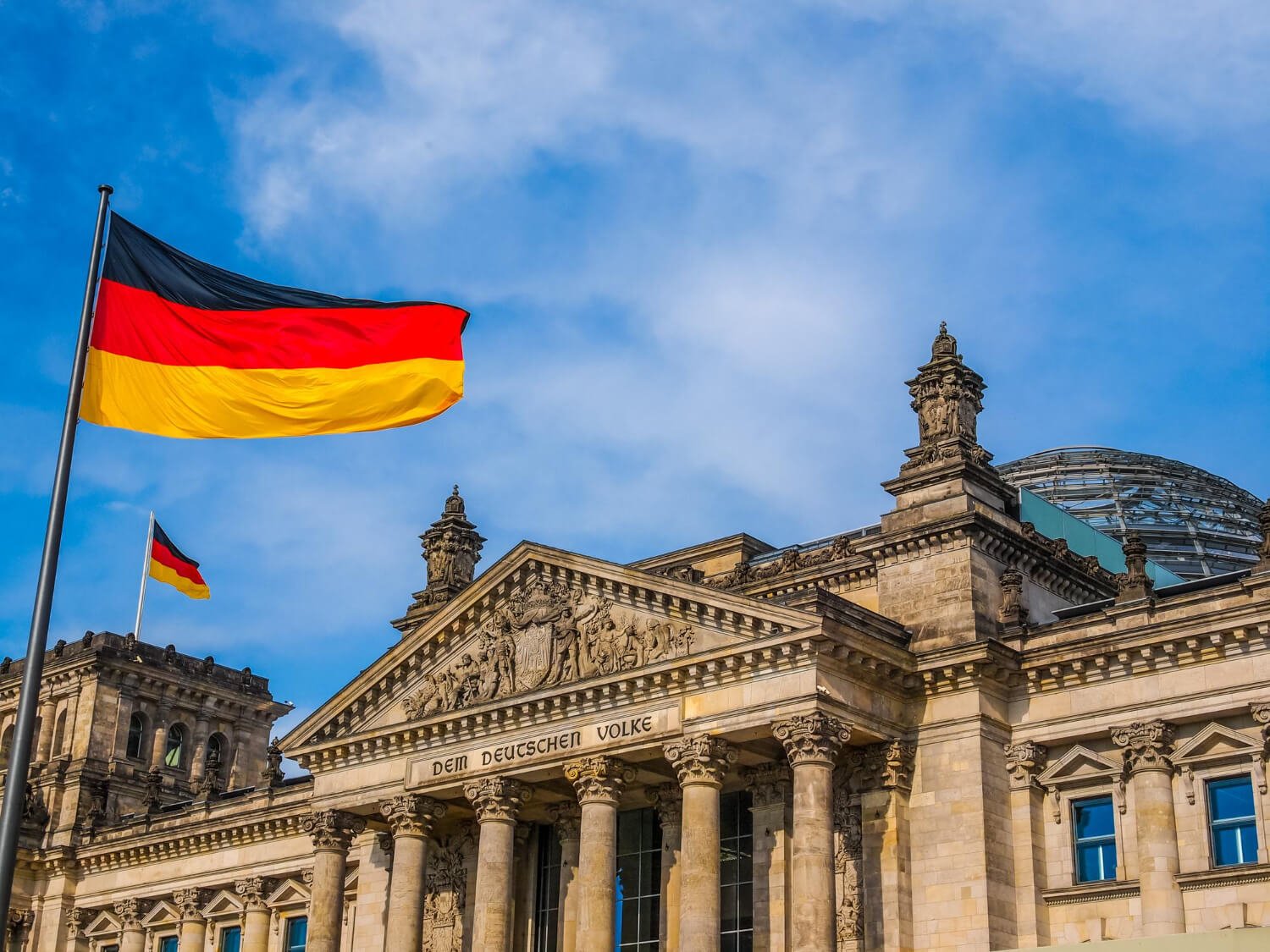Globally, the legal landscape for cannabis is rapidly evolving, with various countries revisiting their drug policies. Germany, Europe’s most populous nation, is at the forefront of this change. The country’s approach to cannabis legislation has been a subject of significant interest, reflecting a shift from stringent controls to more liberal policies. This article delves into the current legal status of cannabis in Germany, exploring its journey from strict prohibition to potential legalization and the implications for medical and recreational use.
Key Takeaways
- Germany legalized medical cannabis in 2017, allowing patients with serious conditions to access cannabis treatments under prescription.
- While recreational cannabis remains illegal, Germany is moving towards decriminalizing possession of small amounts and allowing limited cultivation for personal use.
- Recent proposals suggest significant changes in cannabis laws, including the establishment of cannabis clubs and the potential legalization of recreational use.
Historical Overview of Cannabis Regulation in Germany
Cannabis regulation in Germany has undergone significant transformations. Historically, Germany had stringent drug laws, categorizing cannabis as an illegal substance. However, the cultural and social perceptions towards cannabis began to shift over the years. The turning point came in 2017 when Germany legalized medical cannabis, allowing patients with severe medical conditions to access cannabis under prescription. This move was a significant departure from the previous hardline stance and indicated a growing recognition of cannabis’s therapeutic benefits.
The discussion around cannabis further evolved with the increasing global trend towards legalization. German society’s changing attitudes, influenced by broader European and global perspectives, have been crucial in shaping the country’s cannabis policies. The debate has extended beyond medical use, with growing advocacy for the decriminalization of recreational cannabis. This shift reflects a broader understanding of cannabis’s potential benefits and the drawbacks of criminalization.
Hemp, a non-psychoactive variant of the cannabis plant, has also been part of the discourse. Germany’s laws around hemp cultivation and use have been influenced by EU regulations, allowing for the production and sale of hemp products under certain conditions. The evolving legal landscape around cannabis and hemp in Germany mirrors a global trend toward reevaluating and reforming drug policies.
Medical Cannabis in Germany: Legal Provisions and Accessibility
In Germany, the legal framework for medical cannabis has been in place since 2017. This legislation marked a significant shift in the country’s approach to cannabis, recognizing its therapeutic potential for patients with severe medical conditions. Under this framework, patients can access medical cannabis through a doctor’s prescription, and the costs are often covered by health insurance.
The process for obtaining medical cannabis involves consultation with a healthcare professional who can prescribe cannabis for conditions where no other therapeutic alternatives are effective. The range of conditions for which medical cannabis can be prescribed is broad, including chronic pain, multiple sclerosis, and certain psychiatric disorders.
The German government has established a regulated system for the cultivation, production, and distribution of medical cannabis. This system ensures that patients receive standardized and quality-controlled cannabis products. Pharmacies play a crucial role in this process, as they are the primary distribution points for medical cannabis.
The accessibility of medical cannabis in Germany is relatively high compared to many other countries. The government’s decision to cover the costs under health insurance has made it more accessible to patients who need it. However, there are still challenges, such as the need for more extensive clinical evidence to support the efficacy of cannabis in various conditions and the need for healthcare professionals to be more informed and comfortable with prescribing cannabis.
Current Legal Status of Recreational Marijuana in Germany
As of the latest updates, recreational marijuana remains illegal in Germany. However, the country is on the cusp of significant legislative changes that could alter this status. The possession of small amounts of cannabis for personal use is generally tolerated, with minor offenses often not prosecuted. The definition of a “small amount” varies by state, ranging from 6 to 15 grams.
The German government, under Chancellor Olaf Scholz, has proposed legislation that would decriminalize the possession of limited quantities of cannabis and permit the establishment of “cannabis clubs” for recreational use. This proposal, awaiting parliamentary approval, marks a substantial shift in Germany’s drug policy.
The proposed legislation would allow adults to possess up to 25 grams of cannabis and cultivate up to three plants for personal use. These cannabis clubs, limited to 500 members, would be authorized to grow cannabis for their members’ personal consumption. This move towards legalization reflects a growing recognition of the ineffectiveness of prohibition and the potential benefits of regulated cannabis markets.
While the full legalization of recreational cannabis in Germany is not yet a reality, these proposed changes indicate a significant shift in the country’s approach to cannabis. The move towards decriminalization and regulated access aligns Germany with a growing number of countries reevaluating their cannabis policies.
Possession, Cultivation, and Consumption: What’s Allowed in Germany?
In Germany, the laws regarding the possession, cultivation, and consumption of cannabis are in a state of transition. Currently, possession of cannabis for personal use is illegal but not always prosecuted, especially for small amounts. The threshold for what constitutes a “small amount” varies by state, generally ranging from 6 to 15 grams.
The cultivation of cannabis for personal use remains illegal under current laws. However, proposed legislative changes aim to decriminalize the cultivation of up to three cannabis plants for personal use. This move is part of a broader effort to relax cannabis laws in the country.
Consumption of cannabis in public is prohibited, and there are specific regulations regarding consumption near schools and playgrounds. Medical cannabis patients are allowed to consume cannabis as prescribed by their doctors, but they must adhere to the same public consumption restrictions as recreational users.
The future of cannabis laws in Germany may include the establishment of cannabis clubs where members can cultivate and consume cannabis. These clubs would be regulated and limited to a certain number of members, providing a controlled environment for cannabis consumption.
Overall, while Germany’s cannabis laws are evolving, possession, cultivation, and consumption remain restricted under current legislation. The proposed changes, if passed, would represent a significant shift in the country’s approach to cannabis.
What Future for Cannabis Legislation in Germany?
The future of cannabis legislation in Germany appears poised for significant change. The government’s proposal to decriminalize possession of small amounts and allow limited cultivation and consumption through cannabis clubs suggests a shift towards a more liberal policy. If these changes are implemented, Germany could become a leader in European cannabis legalization, potentially influencing other EU countries. Given the current government’s stance and public support, the likelihood of these reforms becoming law is high. This potential shift reflects a global trend towards rethinking cannabis laws, emphasizing regulation and harm reduction over prohibition.
To Sum Up
Is Marijuana legal in Germany? Currently, marijuana remains illegal for recreational use in Germany, but the country is on the brink of significant legislative changes. Medical cannabis has been legal since 2017, providing relief for patients with severe medical conditions. The proposed laws, if passed, would decriminalize possession of small amounts for personal use and allow









